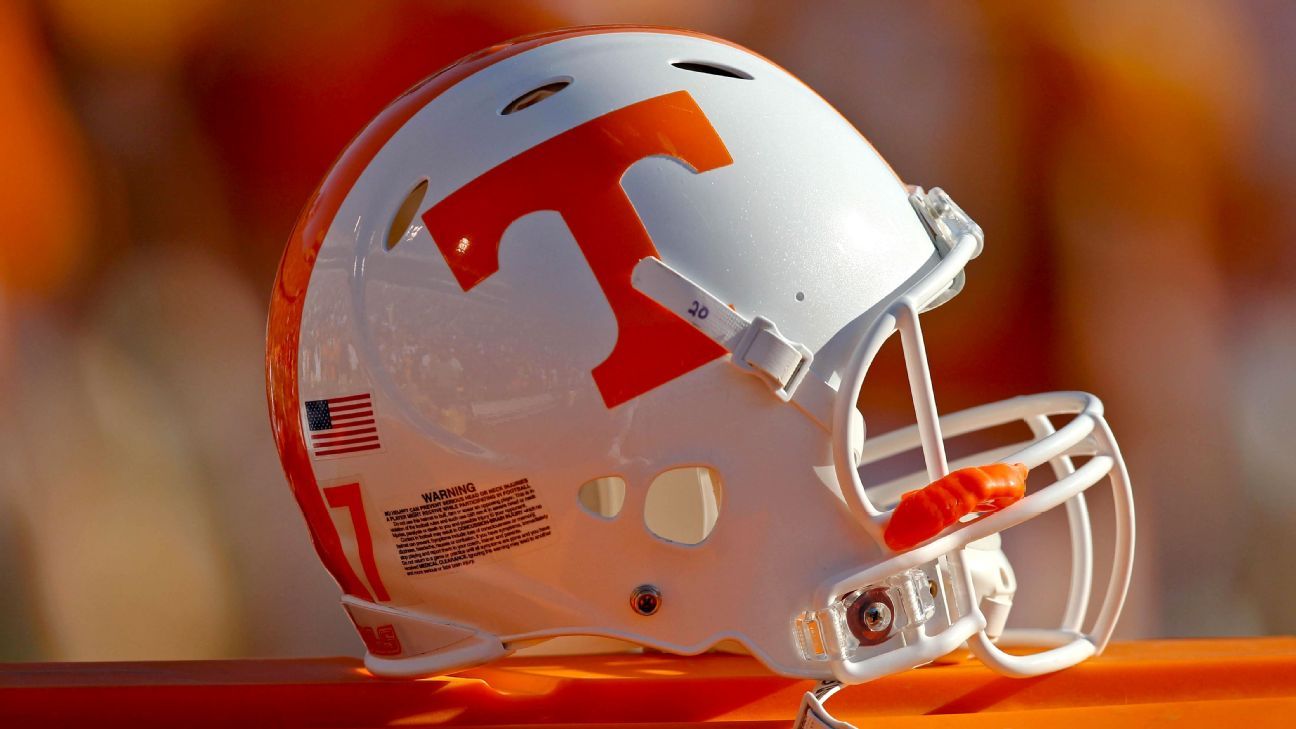Tennessee is defending itself against the NCAA’s Level I charge of failing to monitor the football program, saying former coach Jeremy Pruitt and nine others fired “repeatedly deceived” administrators and compliance staff overseeing the program.
“The University respectfully submits that it is unrealistic to expect an institution to prevent, or immediately detect, the intentional and concealed misconduct that occurred in this case,” Tennessee wrote in the 108-page response dated Monday and obtained first by Knox News on Thursday.
Tennessee started an internal investigation following a tip on Nov. 13, 2020, and found what the university chancellor called “serious violations of NCAA rules.” Pruitt and nine others were fired for cause in January 2021, negating Pruitt’s $12.6 million buyout after he went 16-19 in three seasons.
NCAA investigators opened a case in December 2020 and became more involved within the two weeks before Pruitt was fired.
The NCAA notified Tennessee in July of the most-serious Level 1 violations for allegations of providing impermissible cash, gifts and benefits worth about $60,000 to football recruits and their families under Pruitt. The notice of allegations said at least a dozen members of Pruitt’s staff were involved in more than 200 individual violations over a two-year period.
The university argued in is response that it “demonstrated its unparalleled commitment to integrity” led by chancellor Donde Plowman in investigating and holding everyone accountable while protecting athletes from suffering the consequences.
The university mirror-imaged football staffers’ cellphones, leading to information the NCAA noted in July that helped substantiate the alleged violations. Security footage from a Knoxville hotel also was included.
In addition to Pruitt, Tennessee fired two assistants and seven members of the recruiting and support staff. Pruitt, three of his assistants and three other staffers could face show-cause penalties making it difficult for them to get another college job after a hearing is held with the NCAA’s Division I Committee on Infractions.
“The factual information in this case demonstrates that experienced football coaches and non-coaching staff members knowingly violated longstanding and universally understood NCAA rules and went to considerable lengths to conceal their misconduct,” Tennessee wrote in its response.
The university noted recruiting visits were monitored using industry standards, including “embedding an experienced compliance staff member in the program.”
Tennessee’s response also cited eight specific cases for precedent where universities either self-imposed penalties or had aggravating circumstances, as well as NCAA notes from meetings in April and May on transforming its own rules for name, image and likeness and the transfer portal.
The university argued that Tennessee’s infractions case will go before the Division I Committee on Infractions at a time of significant transformation in how college athletics and infractions are handled.
“Intercollegiate athletics looks dramatically different today than when the University commenced this investigation more than two years ago,” Tennessee’s response said.
Tennessee wrapped up its investigation last November and announced then it wouldn’t self-impose a bowl ban to avoid penalizing current players and coaches.
New athletic director Danny White, who replaced Phillip Fulmer, hired Josh Heupel in late January 2021.
The Volunteers (9-2, 5-2 Southeastern Conference) currently are ranked ninth and can clinch their first 10-win record in the regular season since 2001 with a win Saturday night at Vanderbilt.
